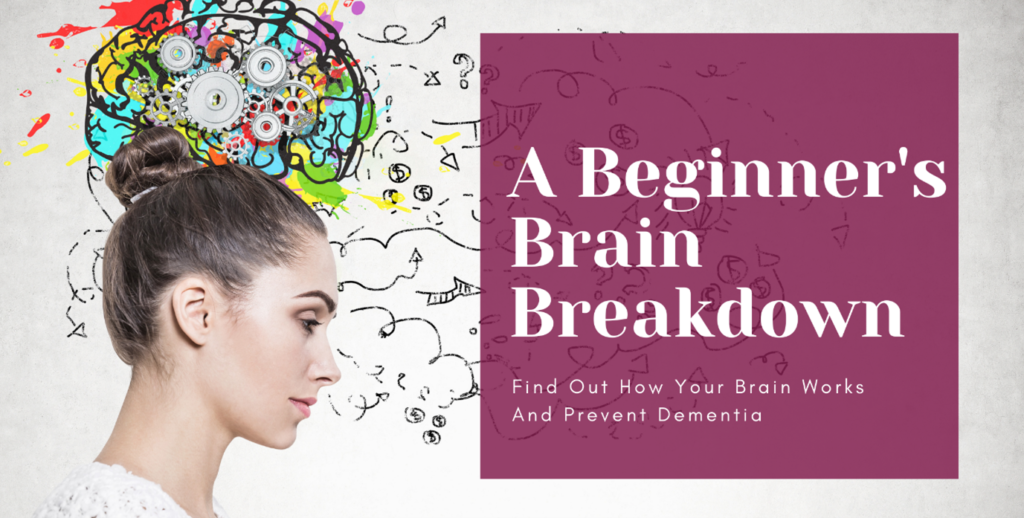We have known for many years that Vitamin D is important for bone health and in the prevention of osteoporosis. However, it is only in recent years that we have realised how important this nutrient is for general health and, particularly, for brain health. Here are just some of the main benefits of vitamin D:
• It plays a major role in breast and bowel cancer prevention
• It is important for your immune function, particularly when you need to fight off colds and flus
• It helps protect your body against conditions as diverse as type 2 diabetes, heart disease, joint pain, dementia, infertility, autism, and allergies
• It reduces the risk of SAD (Seasonal Affective Disorder)
Vitamin D also balances your immune function (if you have an autoimmune problem, it’s especially important to have your vitamin D levels tested), helps control inflammation, has antioxidant properties, and helps to control beta-amyloid plaque build-up. All these benefits are important for your brain health, so getting your levels exactly right is crucial if you are to benefit from them.
Vitamin D Deficiency
Vitamin D deficiencies have also been implicated in autoimmune diseases such as rheumatoid arthritis, lupus, and inflammatory bowel disease. We get most of our vitamin D quota from sunlight because natural food sources are few. Those most at risk of vitamin D deficiency are those who:
• Don’t go out much in the daytime
• Don’t expose their skin to sunlight
• Constantly wear make-up or cosmetics with built-in sun protection factors
The tone of your skin affects vitamin D production, so the darker your skin, the less your body produces vitamin D. Covering up large area of skin for religious reasons also reduces vitamin D production. It is estimated that we need about 30 minutes exposure to the sun every day to produce enough vitamin D to keep us healthy.
If you are moderately deficient in vitamin D, you have a 53% increased risk of dementia, and your risk of increases by 125% if you are severely deficient. With Alzheimer’s, one study found that those who were moderately deficient had a 69% increased risk, and the risk increased to 122% in those who were severely deficient.
This research showed evidence that these seem to be a threshold level in the blood below which the risk of developing dementia and Alzheimer’s increases. Levels above 50 nmol/L are the most strongly associated with good brain health. However, I think a level between 80 – 100 nmol/L gives the best overall effect on general health, and this is the level I get my patients to aim for in my clinic.
How To Know If You’re Vitamin D Deficient
A question lots of people ask me when I give talks, is how much vitamin D should I take? The answer, of course, is that it depends on the level of your deficiency. For this reason, I now recommend that everyone gets their vitamin D levels checked, given this nutrient’s far-reaching health benefits, and then supplement to get the level back to normal. We have had instances in the clinics where the lab has even phoned to say there was no vitamin D detected at all.
There is, though, such a thing as too much vitamin D. A vitamin D level that is too low (less then 10nmol/L) increases the risk of all-cause mortality (dying of any cause) – but the same is true if your vitamin D levels are too high (more than 140 nmol/L). That’s why it’s important to get tested regularly, at the clinic we use this test that can be done via the post.
What Vitamin D To Choose?
Choose vitamin D in the form of D3, also called cholecalciferol. There is a cheaper form, called D2 (ergocalciferol), but research suggests that vitamin D3 is 87% more effective at raising and maintaining your vitamin D levels than vitamin D2. Researchers have said that ‘the assumption that vitamins D2 and D3 have equal nutritional value is probably wrong and should be reconsidered.’ Most people (especially older people) do not convert vitamin D2 to the active form that their bodies can use efficiently so it is best to speak to one of our nutritionists for advice.



